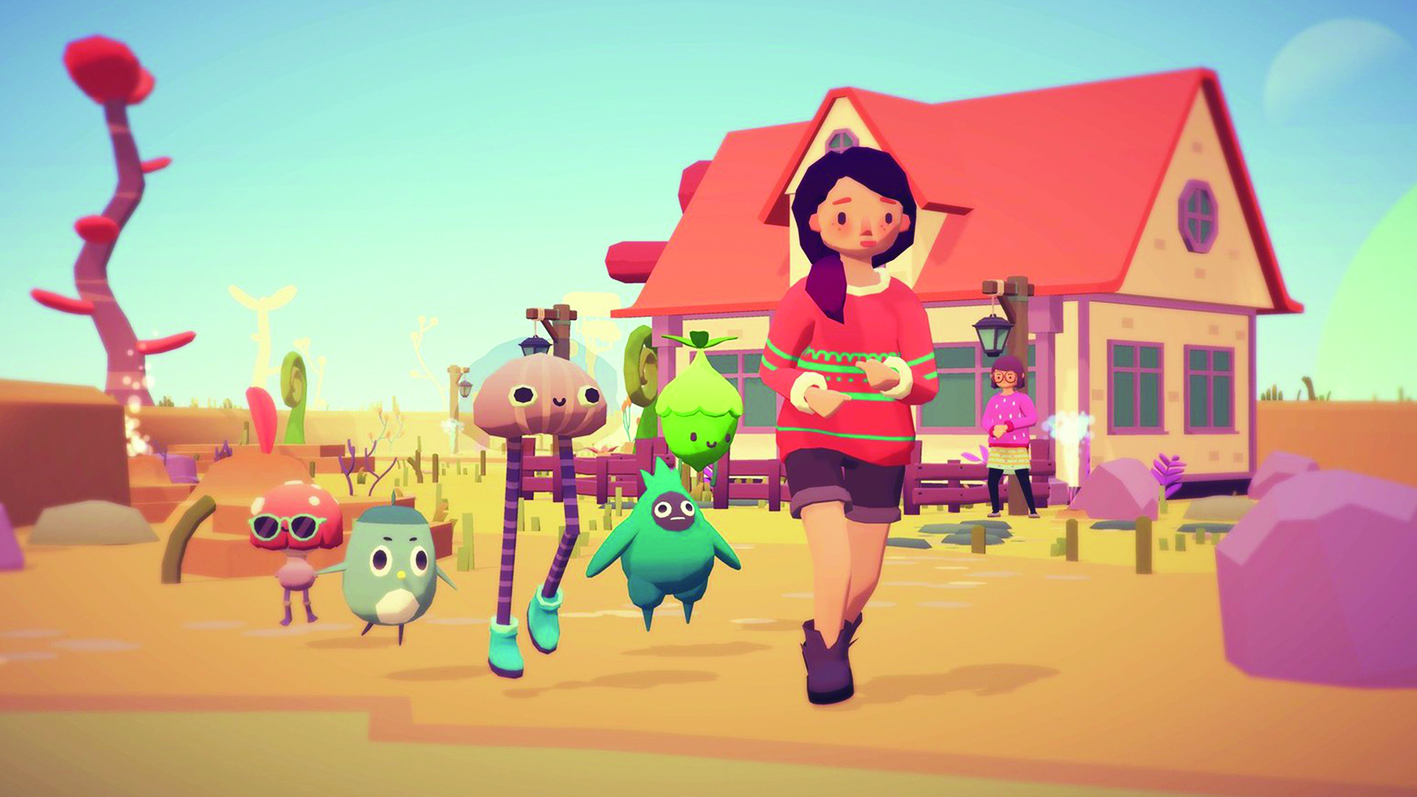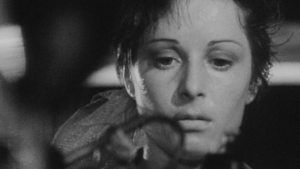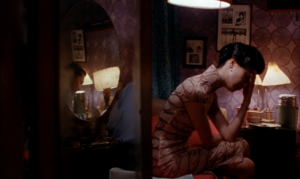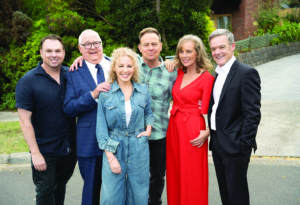Building sustainable businesses in the videogames industry has always been hard. Few studios persist for sustained periods of time, and even fewer survive long enough to build a legacy. It is simply a volatile industry, characterised by global technological boom and bust, fickle industry trends, and demanding fans.
This is certainly true of Australian videogame companies. The first local videogame studio, Beam Software, is a case in point. Although it was founded in 1980 and had made many big hits in that decade (including what was likely the most successful text adventure game of all time, 1982’s The Hobbit – an adaptation of JRR Tolkien’s novel of the same name), by 1999, the studio was sold to French company Infogrames. Infogrames held the famous Atari name – though it had long since stopped referring to anything that resembled the videogame pioneers of the 1970s – and Beam became known as Atari Melbourne House. In 2006, Beam and Melbourne House was sold again to Australian studio Krome, where it remains today; by that stage, however, it was an entity in name only: what once had more than a hundred employees now had maybe two.
Beam Software’s trajectory tells us an older story of Australian game development, of the highs and lows brought about by international investment. Other companies have similar stories. Take Adelaide’s Ratbag Games, for example: after twelve years of successful development, it was sold to American company Midway Games in 2005, and closed its doors less than six months later.
Recent events take on a different, but no less complicated, pallor. Independent Australian-owned studios have, over the last decade, become the dominant force in local game development, with a significant number forming – and thriving – following the mass withdrawal of international investment after the global financial crisis of 2008. Studios like Halfbrick, League of Geeks, Defiant Development and The Voxel Agents built themselves up from handfuls of hopeful workers to dozens of full-time employees. They capitalised on the growing smartphone market and made smaller, cheaper games that worked smartly with people’s busy schedules.
Yet familiar problems persist, and it was a great shock when Defiant Development announced in July that it would be closing, ending nine years of successful videogame making. ‘The games market has changed in ways both big and small in the 9 years we’ve been in business,’ said founder Morgan Jaffit in the closure announcement. ‘We have not been able to change quickly enough to continue with them.’ The Brisbane-based studio was best known for its Hand of Fate series, and was working on a new project called The World in My Attic at the time of closure.
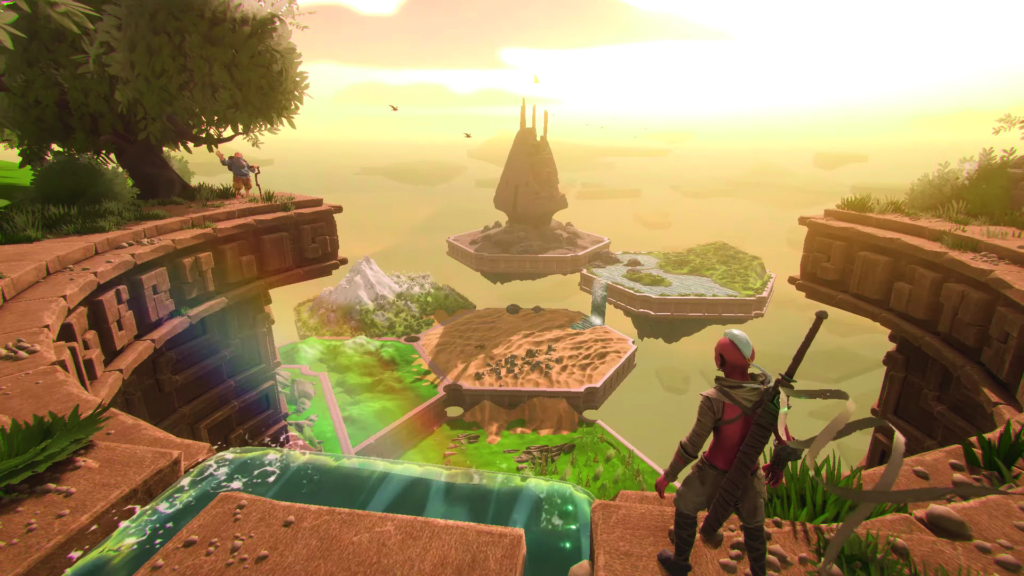
Defiant’s dissolution underscores a particularly complex moment for Australia’s independent videogame makers. On the other end of the spectrum are some smaller studios that have recently found financial stability through exclusivity deals with videogame platforms. The major force here is American company Epic Games and their PC online shopfront, the Epic Games Store. Epic is in the middle of mounting a challenge to the long-running hegemony of Valve’s Steam storefront. The biggest tool in its arsenal is signing highly anticipated games as Epic exclusives, providing plenty of cash for the developers in the process and gaining an artificially loyal audience. One of these exclusive games is Untitled Goose Game, made by Melbourne’s House House (disclosure: I’m working on the soundtrack). Untitled Goose Game was announced as an Epic exclusive in June. ‘[A] partnership like this gives us a means to make games sustainably for the foreseeable future,’ House House tweeted, adding that ‘in an industry like ours, this kind of stability is huge.’
But financial stability can come with other risks. House House has so far been lucky to escape the reaction met by Glumberland, developers of upcoming game Ooblets, for its similar exclusivity announcement, which has escalated well beyond opprobrium and to something more like a sustained campaign of harassment. Ben Wasser, a developer from Glumberland, wrote in August that the studio is ‘totally unprepared for the attention [it] got from the broader gaming/internet community’, which ranged from angry tweets and comments, to threats of violence and faked screenshots of the developers making anti-Semitic insults as retribution. All this for daring to sign a timed exclusivity agreement with one online store. ‘We’ve been told nonstop throughout this about how we must treat “consumers” or “potential customers” a certain way,’ Wasser continued. ‘Whenever I’ve mentioned that we, as random people happening to be making a game, don’t owe these other random people anything, they become absolutely enraged.’
Videogame making is not easy, and neither is making any sort of sustainable, long-term, work–life-balanced business out of it. How do you make a living making games? From the beginnings of the Australian videogames industry to today’s minefield of pitfalls, profits and frequently enraged audiences, it is only getting more complicated, more risky and, sadly, ever more unsustainable.
